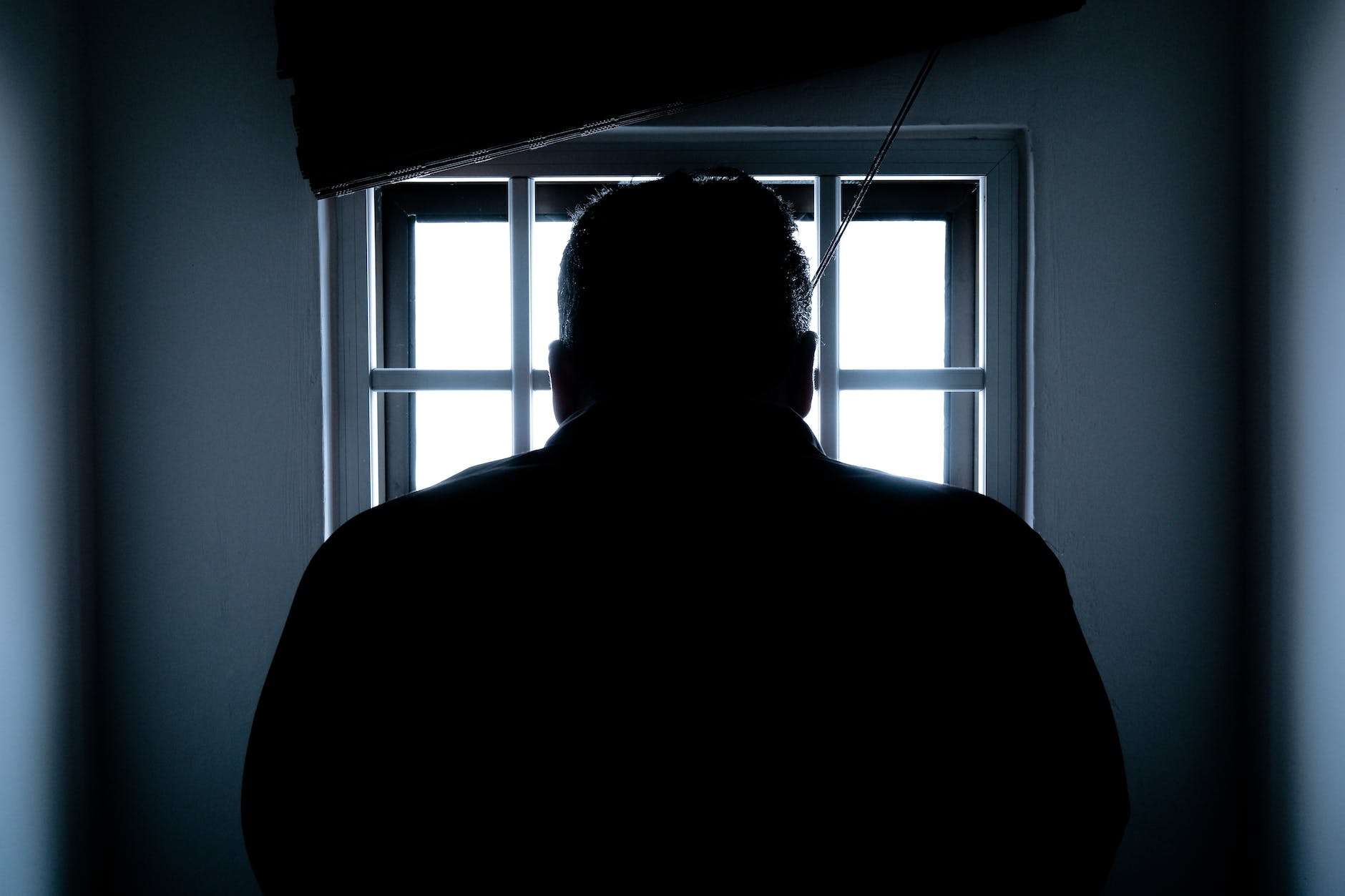
How Does Ducey’s Second Chances Bill work?
Second Chance Laws in Arizona
In Arizona, the only real expungement statute we have is related to marijuana offenses,
and it is very new. On April 1, 2021, Arizona Governor Doug Ducey signed into law
House Bill (HB) 2067, which amends Arizona Revised Statute (A.R.S.) Section 13-905
to allow courts to issue an order for a “Certificate of Second Chance” for individuals
“whose judgment of guilt is set aside” after a criminal conviction. The law permits such
second chances for employment opportunities, occupational licenses, and housing.
A.R.S. § 13-905 allows for certain convictions to be set aside. The amendment permits
individuals who successfully complete their probation or sentence conditions to apply to
have the court set aside prior convictions and additionally receive a Certificate that
prevents them from being barred from obtaining certain occupational licenses if
otherwise qualified.
Who Does It Help?
The amendment will take effect on August 27, 2021 and will benefit ex-offenders by
allowing them to seek to set aside certain felony and misdemeanor convictions and
assisting them in moving past these prior criminal convictions to improve their
employment and other opportunities. Courts granting applications to set aside prior
convictions must also include a Certificate if not issued previously.
Eligibility includes:
- Persons convicted of misdemeanors; or
- Class 4, 5, or 6 felonies with at least two years having elapsed since fulfilling
probation or sentence conditions; or - Class 2 or 3felonies with at least five years elapsing since fulfilling probation or
sentence conditions.
However, the new law does not apply universally to all crimes and convictions.
Convictions excluded from being set aside and obtaining a Certificate of Second Chance
include but are not limited to: - Driving on a suspended license;
- Violations of ARS Title 28, Chapter 3, which include criminal speeding, felony
flight, aggressive driving, and hit and run; - Convictions involving a deadly weapon, or convictions involving infliction of
serious physical injury; - Convictions requiring the individual to register as a sexual offender or for offender
monitoring; - Sexual motivation convictions; and
- Convictions involving victims under age 15.
Does HB 2067 Actually Help
Unless specifically excluded, the Certificate releases the person from all barriers and
limitations in obtaining an occupational license issued under Title 32 resulting from the
conviction if the person is otherwise qualified.
Additionally, the law limits tort liability of employers hiring a person with a Certificate.
Employers generally will not be held liable for hiring an employee or independent
contractor who has been issued a Certificate for alleged negligent hiring for injuries or
damages caused by the worker. Employers are not legally precluded from rejecting a
candidate with a Certificate, but a measure of liability protection is granted against
certain types of liability if they hire such candidates. Criminal convictions that occurred
before the person worked for the employer may not be introduced into evidence. So in
lawsuits alleging a failure to provide adequate supervision, the worker’s previous
criminal conviction may not be used as evidence unless the employer knew or should
have known of the conviction and the type of conviction was directly related to the nature
of the employee’s job and the conduct gave rise to the alleged injury.
Based upon ARS § 32-4701, the licensing authority has the power to issue to an
otherwise qualified applicant who has been convicted of an offense either a regular
license or a provisional license, which does not preclude a licensing authority from
exercising discretion to issue licenses.
Contact an experienced Arizona criminal defense attorney to get your conviction set
aside.




